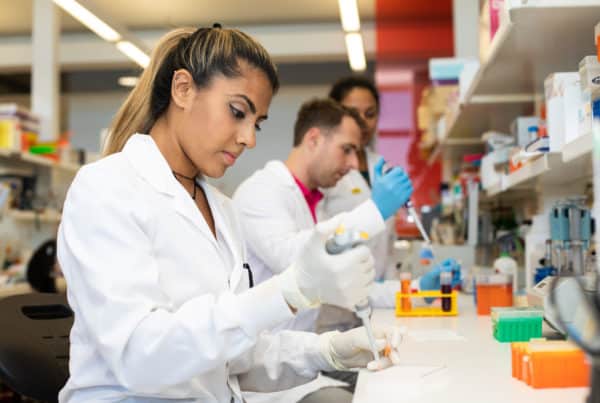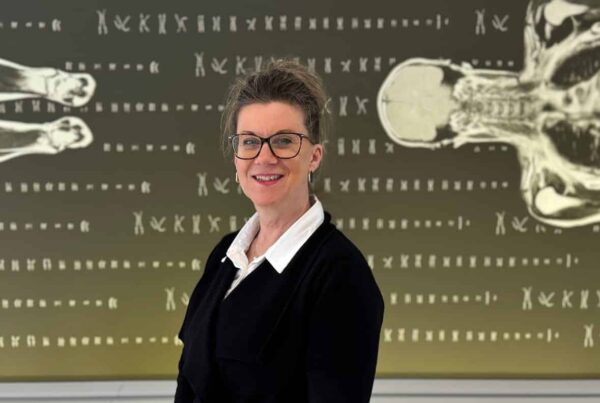Perkins submission to the Draft National Health and Medical Research Strategy
Read More
Melanoma is a disease that develops when pigment cells called melanocytes contract changes (mutations) in the genetic material (DNA). These changes result in uncontrolled growth and the formation of a melanoma tumour. A leading cause of mutations in skin melanocytes is UV light from sun exposure. Since fair skin individuals do not have a natural protection against UV damage, Australia and New Zealand has the most cases of skin melanoma per capita in the world.
If melanoma is excised early the prognosis can be excellent, but if some of the melanoma cells have spread (metastasised) to distant sites in the body then the prognosis has historically been dismal. However, research into genetics and immunology has brought forward two types of therapy, targeted therapy and immunotherapy, which in some patients can be curative. Unfortunately, not all patients respond or have the correct mutations to be treated with these new therapies. One group of patients which are particularly bad off are those where the melanoma arises in the eye, as opposed to the skin where most melanoma develops from.
The Melanoma Discovery team aims to identify new treatment options for melanoma patients based on translational and clinical research, with a special interest in eye (or uveal) melanoma. Focus lies on furthering the understanding of the genetics of melanoma and creating humanised animal models of metastatic skin and uveal melanoma (PDX) for use in translational research. A major interest is also to see the discoveries translated into investigator-initiated clinical trials.
The Melanoma Discovery team is also involved with research into pancreatic cancer. The team makes patient-derived mouse models (PDX, mouse avatars) from surgical biopsies of patients with pancreatic cancer. A reason why this work is relevant to the Perkins activities is that pancreatic cancer metastasises to the liver, just like uveal melanoma. The aim is to understand why liver metastases of uveal melanoma and pancreatic cancer are so hard to treat, even with immunotherapy.
In 2021, the Melanoma Discovery team co-founded the Western Australian Melanoma Initiative. Learn about WAMI here.


